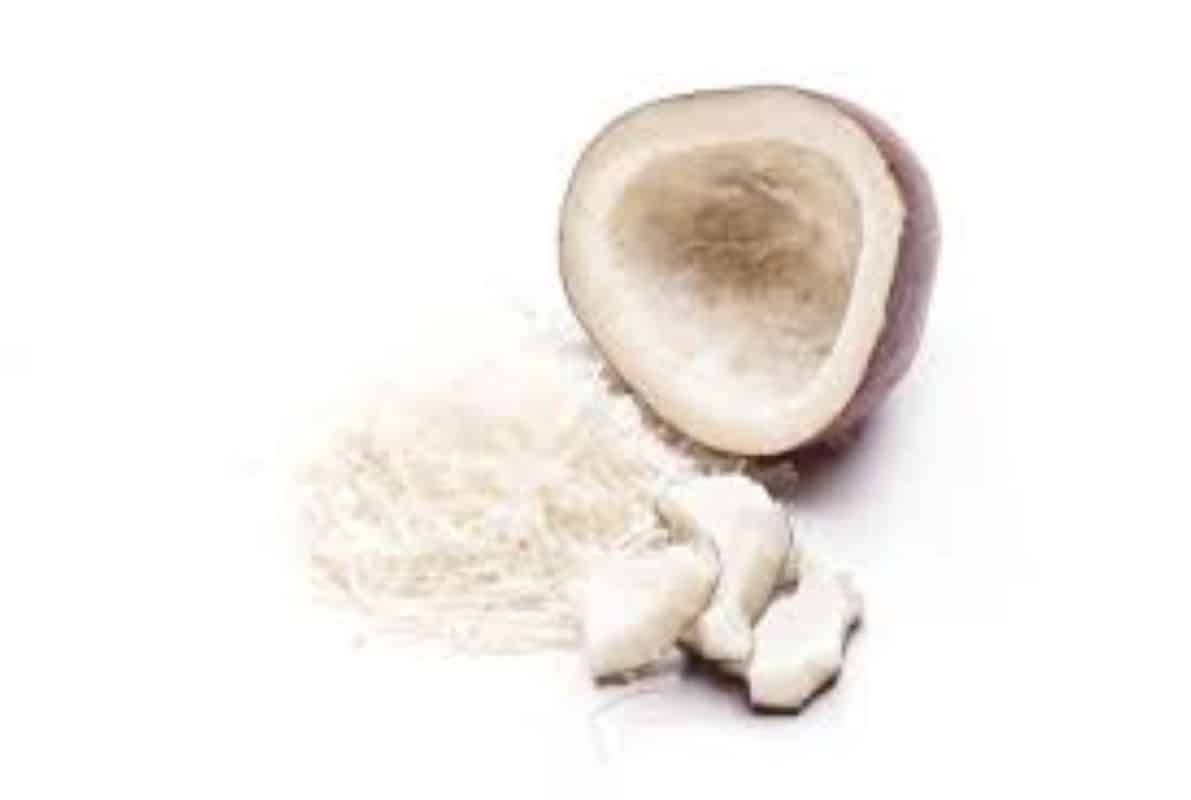Coconut is often touted as a superfood, prized for its delicious flavor and impressive health benefits. However, it is essential to be aware of the potential disadvantages of eating coconut. While it is undoubtedly a nutrient-dense food, there are some drawbacks and risks associated with consuming this tropical fruit. In this blog post, we will delve into the disadvantages of eating coconut and explore ways to mitigate these risks.
High in Saturated Fat:
One of the primary disadvantages of consuming coconut is its considerable saturated fat content. While some saturated fats are essential for optimal health, excessive consumption can increase the risk of cardiovascular disease, type 2 diabetes, and other health concerns. A cup of grated coconut contains roughly 43 grams of fat, with almost 38 grams attributed to saturated fat. Regular consumption of high levels of saturated fat can contribute to weight gain and unhealthy cholesterol levels.
Calorie-Dense:
Coconut has a high calorie-density, with one cup of unsweetened shredded coconut containing up to 283 calories. Calorie-dense foods can contribute to weight gain and other health complications, such as diabetes and heart disease. Overconsumption of coconut-based products, such as coconut oil or milk, can quickly add extra calories to your diet.
Potential Allergic Reactions:
While not common, some individuals may experience allergic reactions to coconut products. Symptoms of an allergic reaction may include hives, itching, swelling, difficulty breathing, and even anaphylaxis. Those with known food allergies or sensitivities should be cautious about incorporating coconut into their diet and seek medical attention immediately if an allergic reaction occurs.
Risk of Interference with Medication:
Coconut contains compounds that can potentially interact with certain medications. For example, consuming coconut water can interfere with blood pressure medications, leading to a sudden drop in blood pressure. Therefore, it is crucial to consult with a healthcare professional before incorporating coconut into your diet if you are currently taking medication. While coconut has many health benefits, it’s essential to be cognizant of the potential disadvantages and risks associated with consumption. High saturated fat content, calorie density, allergic reactions, and possible interference with medication make it crucial to consume coconut in moderation. If you choose to include coconut in your diet, consider limiting consumption, opting for unsweetened products, and consulting with a healthcare professional if you have any concerns.
We can't say enough about how important nutrition is for overall health, especially for meeting women's specific health ...
Continue reading



